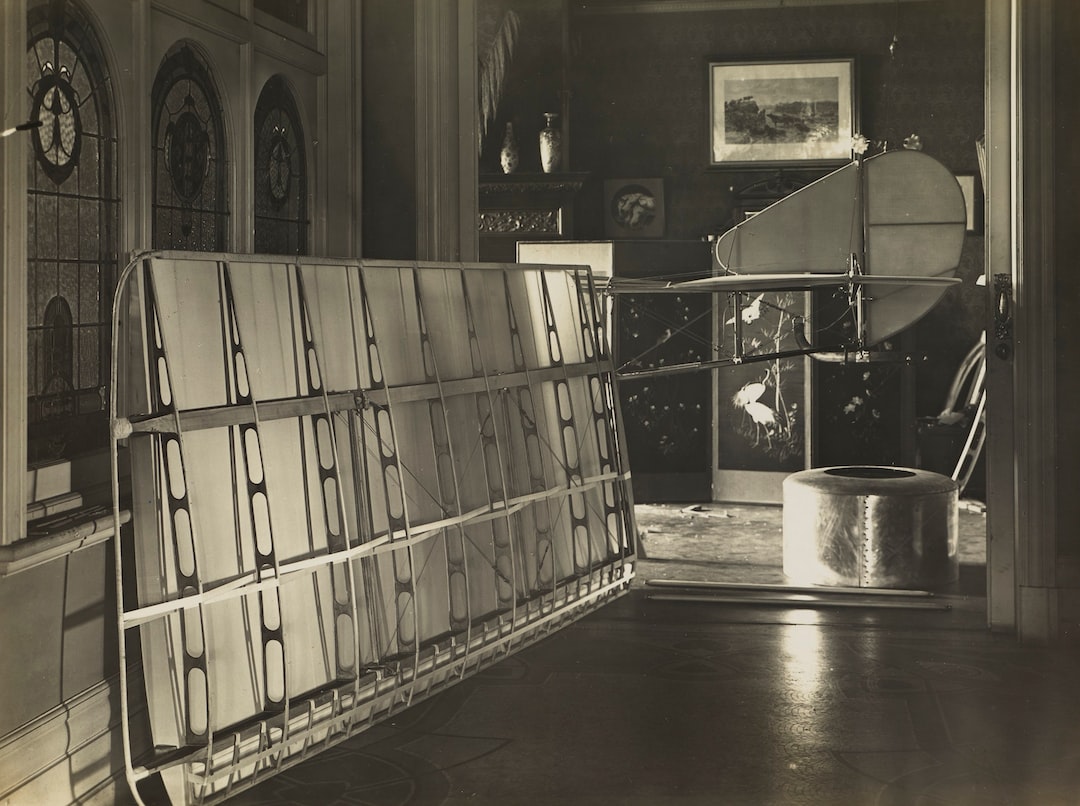The Future of Thermal Management in the Era of Smart Cities
As our cities become smarter, we are presented with new challenges and opportunities for a sustainable and efficient future. One of the key areas in this regard is thermal management, which plays a crucial role in ensuring optimal energy usage and reducing environmental impact. With the advent of smart cities, technologies such as schalldämmung maschinen are set to revolutionize how we manage and control heat in urban areas.
Thermal management encompasses various aspects, including heating, cooling, and insulation, all of which are essential for maintaining a comfortable living environment. However, traditional systems often suffer from inefficiencies and limitations, leading to increased energy consumption and elevated costs. This is where smart solutions come into play.
With the integration of advanced sensors, connectivity, and data analytics, smart thermal management systems offer a more efficient and sustainable way of controlling temperature and energy usage in buildings and public spaces. For instance, by incorporating schalldämmung maschinen, or soundproofing machines, noise pollution from HVAC systems can be reduced significantly. This not only enhances the overall well-being of residents in smart cities but also creates a more pleasant and peaceful atmosphere.
The capabilities of smart thermal management systems go beyond mere temperature control. With real-time data collection and analytics, these systems can adapt intelligently to changing environmental conditions. Machine learning algorithms can optimize heating and cooling schedules based on occupancy and weather patterns, thereby maximizing energy efficiency. This not only reduces energy bills but also contributes to a greener environment by minimizing carbon emissions.
In addition to improving thermal comfort in buildings, smart thermal management systems also extend to the wider urban infrastructure. For instance, intelligent building facades can incorporate materials with enhanced insulating properties to minimize heat transfer. This can help maintain a consistent indoor temperature and reduce the reliance on mechanical heating and cooling systems. Similarly, smart grids can optimize energy distribution, ensuring efficient power consumption by different buildings and infrastructure within smart cities.
The future of thermal management in smart cities is not confined to individual buildings or infrastructure but also extends to urban planning and design. By considering the thermal aspect at the early stages of urban development, city planners can integrate green spaces, shading structures, and efficient building orientations. These features can contribute to reducing the urban heat island effect and promoting natural cooling within cities.
In conclusion, the future of thermal management in the era of smart cities holds tremendous promise for sustainability and efficiency. By harnessing the power of schalldämmung maschinen and other smart technologies, we can create comfortable, energy-efficient living spaces, reduce noise pollution, and mitigate environmental impact. As our cities continue to evolve, it is crucial to prioritize smart thermal management as a fundamental aspect of urban development, contributing to a more sustainable future for all.
************
Want to get more details?
TAL Systemtechnik GmbH
https://www.tal-systemtechnik.de/
+49 7731 68405
Byk-Gulden-Straße 36, 78224 Singen
TAL Systemtechnik GmbH – Wir produzieren und liefern Ihnen konfektionierte Dämmstoffe nach Maß, Akustische Dämmung zur Schallisolierung, den TL flexibler Abgasschlauch hitzebeständig und diverse Schallschutzvorhänge für die Industrie.
